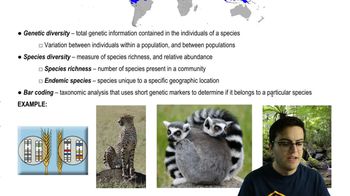<Image>
Ecotourism helps conserve wildlife by increasing the value of wildlife conservation for local people. In Argentina, the world’s largest breeding colony of Magellanic penguins is visited by thousands of tourists every year, causing the penguins to become habituated to the presence of people. Has ecotourism affected the penguins’ ability to respond to stressors? Has it affected the penguins’ secretion of corticosterone?
In what part(s) of a target cell would you expect to find corticosterone receptors?





